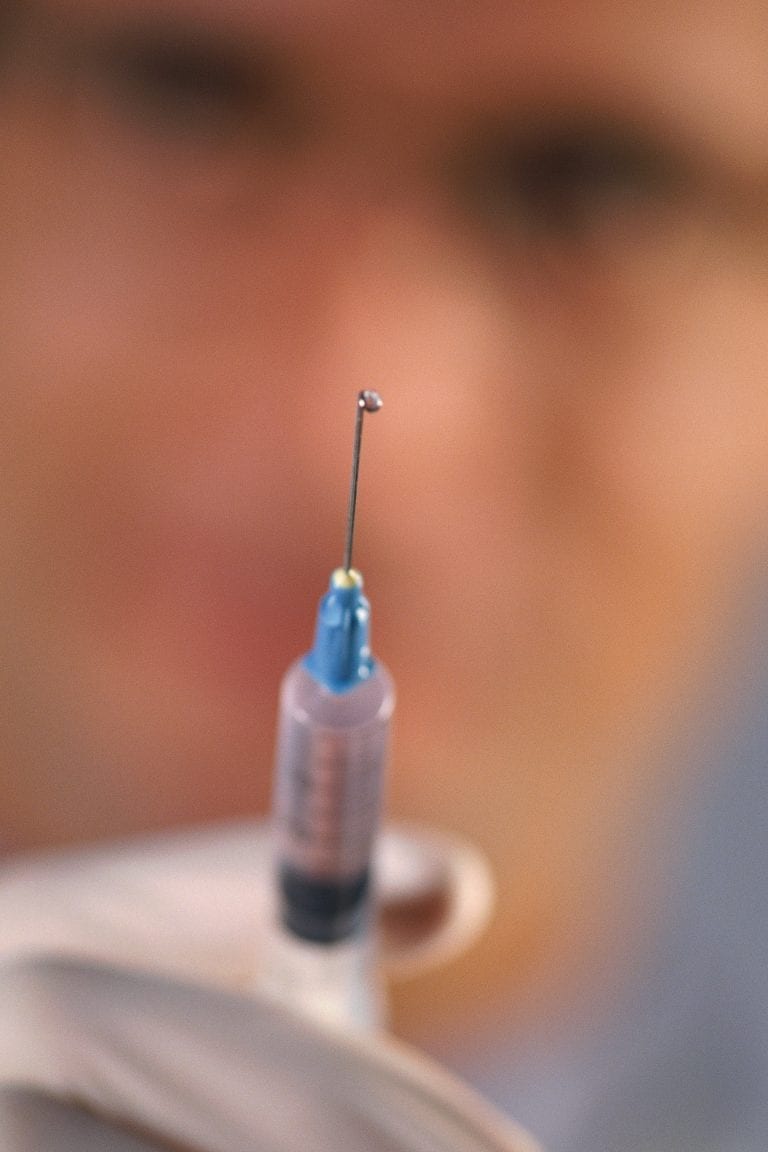Hey moms! Remember when your children received their childhood vaccines for measles, mumps, rubella, hepatitis, and other diseases? We now have vaccines that can prevent a sexually transmitted virus, HPV, which causes cervical cancer and genital warts. You need to know about these to help protect your child and to prevent cervical cancer.
Understanding HPV
HPV stands for Human Papilloma Virus. It’s spread through skin-to-skin contact in the genital area during sexual activity. There are many types of HPV and it’s so common that most people who are sexually active will be infected at some point in their lives.
Gardasil and Cervarix are the two HPV vaccines on the market today. Both protect against the most common types of HPV that cause most cases (70%) of cervical cancer. Gardasil also protects against the two types of HPV that cause most cases (90%) of genital warts.
If you’re like most women, you’ve seen commercials for the HPV vaccine on TV or received notes about immunization from your child’s school. You’ve heard about it but probably haven’t talked to anyone about it. But it’s an important vaccine for you to discuss with your daughter’s or son’s healthcare provider.
About the vaccine
The vaccine works best if administered between the ages of 9 and 15, and before your daughter or son begins any type of sexual activity. The Center for Disease Control (CDC) initially recommended that all young women be vaccinated against HPV between ages 9 and 26, regardless of whether they have had sex. Last October, the CDC also recommended optional vaccination for boys and young men ages 9 to 26.
While young men aren’t affected by cervical cancer, they can carry the HPV strain that causes cervical cancer in females, and they can develop genital warts. Girls and young women who receive the vaccine and are sexually active need to continue to get routine Pap screening tests for cervical cancer, as recommended.
The HPV vaccine is administered in three shots, with the second dose 2 months after the first and the third dose 6 months after the first. The vaccine has been proven to be safe in clinical trials. It’s made from an inactive protein that doesn’t contain the virus, so you can’t become infected from the vaccine.
Concerns about sex
Some moms have voiced concerns that getting your child vaccinated might make him or her start having sex before they would have otherwise, or that they might not use condoms consistently when they do have sex. Talking to your teens about the vaccine offers you a good opportunity to have a conversation about healthy sexuality. Share your values and thoughts about sex and inform them that the HPV vaccine doesn’t prevent pregnancy or other kinds of sexually transmitted diseases. Condoms used consistently and correctly can help decrease the chance of getting and spreading STDs, including HPV.
Be confident that you know the facts about the HPV vaccine. Talk to your healthcare provider so you can make the best decision for you and your child.
How to Talk to Your Kids About Sex
Use teachable moments.When watching TV together, and two characters kiss or are in bed together, casually ask “what do you think?” “Have you had similar feelings about someone?” “Have you kissed anyone like that?”
| Start now. | It’s best to talk about healthy sexuality when your child is young, but it’s never too late to start |
| Be age-appropriate. | For young children, talk about love and identifying their body parts that they’re exploring. As your child approaches puberty, talk about the physical and emotional changes that happen. During adolescence, talk about dating, relationships, healthy body exploration, and healthy sexuality. |
| Solicit their opinions. | Ask “have any of your friends started dating?” and “when do you think is a good age to start dating?” |
| Be open to your child’s opinions. | Share your family values and opinions but be sure to allow space for open dialogue. |
| Keep the conversation going. | Don’t expect to cover everything in one talk. Use the above strategies to keep the conversation going over time. The more you talk about healthy sexuality, the more your kids will be comfortable talking to you and you will be encouraging and reinforcing healthy and protective behavior. |






Comments are closed.